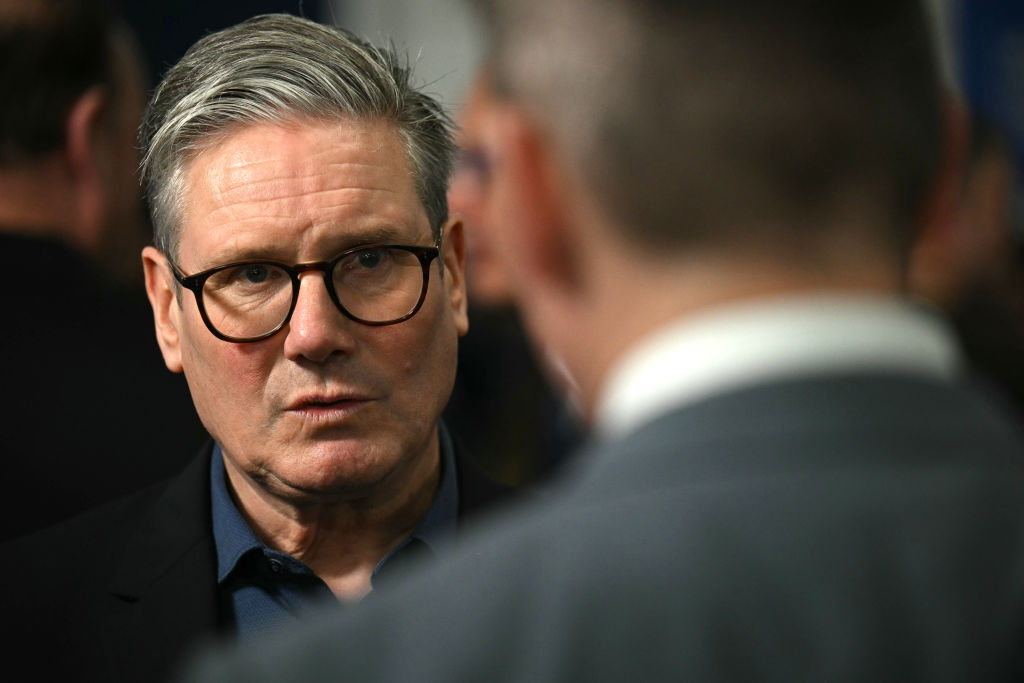In a sweltering café just outside Tunis’s old medina last summer, a local human rights defender spoke of living in a climate of fear.
You couldn’t remain in one place for too long. At a galloping pace, he told me stories of vicious police raids into informal camps of people looking for better lives, of people randomly apprehended and dumped in the desert, and of civil society surveilled and criminalized for speaking out.
It’s a far cry from fifteen years ago, when Tunisian street grocer Mohamed Bouazizi’s self-immolation helped spark revolts against autocracy across the Middle East and North Africa.
European powers paid lip service to celebrating these democratic protests. In reality, they maintained and deepened their relationships with authoritarians, as they sought to harden the controls on migrants at all costs.
In 2023, as Tunisian president Kais Saied consolidated his personal rule, he sought to distract from the worsening living conditions facing Tunisians through a clampdown on migration. Migrants and black Tunisians were attacked. Instances of violence and torture were widely documented. Many drowned attempting to escape by sea.
Saied had implied that migration was a neocolonial plot to import black Africans to Tunisia. This put a faux anti-imperial spin on the “Great Replacement” conspiracies espoused by European far-right leaders. With those leaders — and Italy’s Giorgia Meloni acting as point person — he took tens of millions of euros in European Union funding for his security forces.
In February 2025, facing mounting pressure, the European Commission agreed to review its Tunisia deals. But in Britain, reinforcements were on the way.
…
Auteur: Nathan Akehurst

